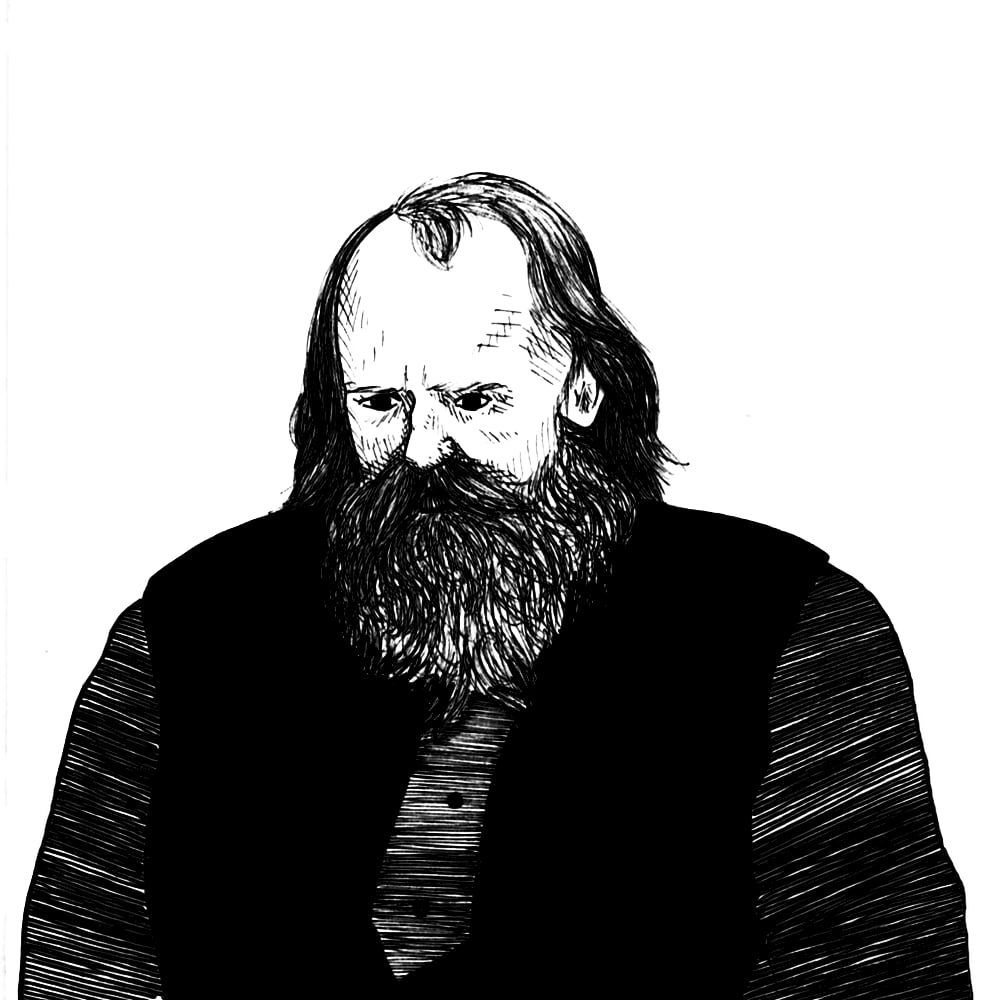
Sven Forkbeard and new Yuletide Taxes (11thC)
Found in: The Heimskringla: A History of the Norse Kings, vol. 2
The Icelandic historian Snorre Sturlason (1179 - 1241) in his history of the Norse Kings describes how King Sven Forkbeard (960-1014), king of Denmark, Norway, and England, imposed numerous taxes on the people in order to fund his conquests. These included a sizeable number of new taxes which were imposed at Yuletide (Christmas), prompting the usual murmurings of discontent and threats of revolt:
Taxation
King Sven introduced new laws in many respects into the country, partly after those which were in Denmark, and in part much more severe. No man must leave the country without the king’s permission; or if he did, his property fell to the king. Whoever killed a man outright, should forfeit all his land and movables. If any one was banished the country, and an heritage fell to him, the king took his inheritance. At Yule every man should pay the king a meal of malt from every harvest steading, and a leg of a three-year old ox, which was called a friendly gift, together with a spand of butter; and every house-wife a rock full of unspun lint, as thick as one could span with the longest fingers of the hand. The bondes were bound to build all the houses the king required upon his farms. Of every seven males one should be taken for the service of war, and reckoning from the fifth year of age; and the outfit of ships should be reckoned in the same proportion. Every man who rowed upon the sea to fish should pay the king five fish as a tax, for the land defence, wherever he might come from. Every ship that went out of the country should have stowage reserved open for the king in the middle of the ship. Every man, foreigner or native, who went to Iceland, should pay a tax to the king.